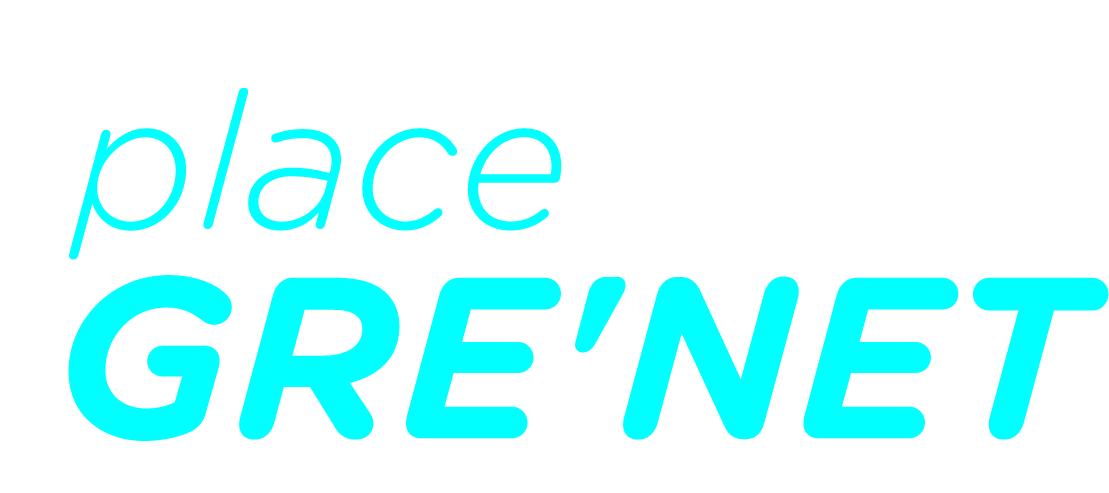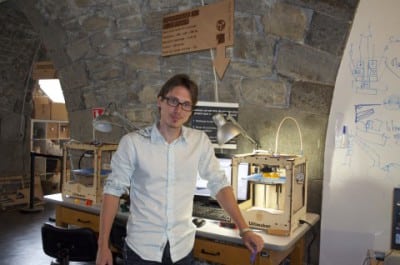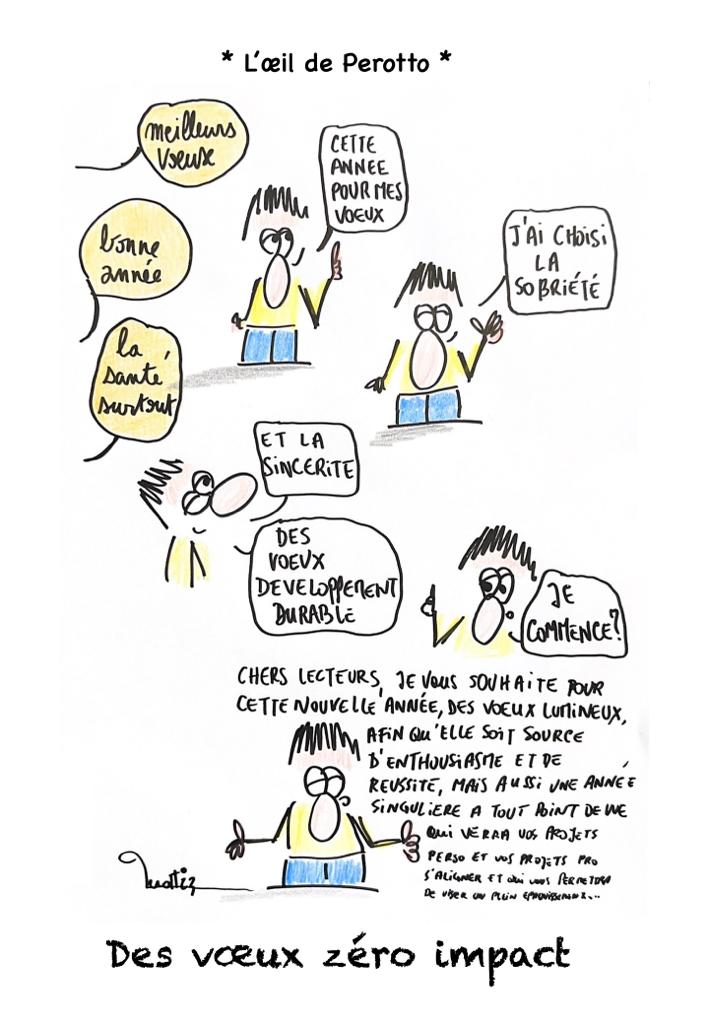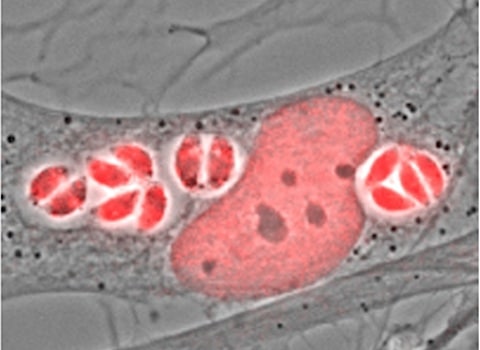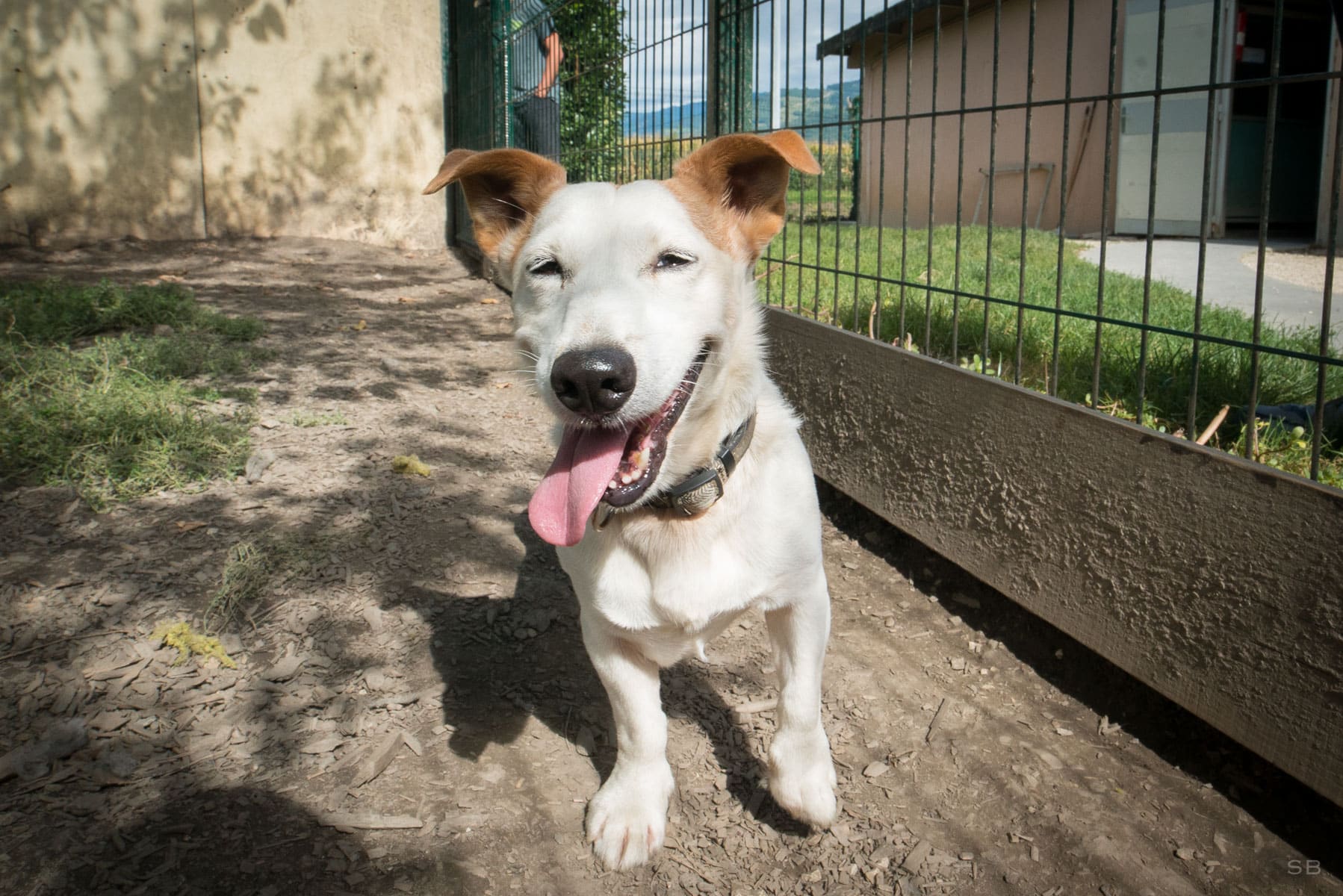On May 17th, Grenoble’s Fab Lab workshop will open its « Do It Yourself » exhibition aimed at democratizing the DIY trend. The exhibit will showcase objects created by local Rhône-Alpes residents.
To start the exhibit, a call for private submissions was launched to incite citizens to send in objects they had created. The workshop received approximately 30 submissions from across the country.
“A jury composed of designers as well as CCSTI, university and CEA members chose the seven most original projects, » said Ludovic Maggioni, head of exhibitions at the Casemate and the Fab Lab.
The results were quite surprising for a first exhibit. Among the objects on display, visitors will discover hermit crab shells printed with a 3D printer, garbage bins that transform into musical instruments, and a solar-powered oven.
« The goal is to show that it is possible to have fun, » said Maggioni, “and to fabricate surprising creations with tools such as digital printers and with very little technical knowledge. »
The exhibit is designed to help unlock the general public’s creative potential, and spruce up the image of science and manufacturing. As head of the Fab Lab project, Jean-Michel Molenaar explained : « One of today’s issues is that we tell children not to follow technical courses. So we are trying to demonstrate all the things we can create by ourselves ! »
A sci-fi world ?
The Fab Lab opened in March 2012 as a venue for exchanging ideas and creating objects, in particular with digitally controlled machines. Scientists, students, individuals and families all come together in this modern day workshop to collaborate on and use lamps, chairs, tables and other creations. « We offer around six workshops per month where people can create an object or a project from A to Z. Projects range, for example, from a lamp to a set of mini loudspeakers, » said Molenaar.
Thus, without any pre-requisites, anybody may enter the Fab Lab and discover the rules of mathematics and physics. With the help of an advisor, visitors can create and take home their own table lamp in two and a half hours.
« People often tell us the workshop reminds them of science fiction, » said Molenaar. « They never thought they could create such objects ! »
This might indicate a trend towards the reappropriation of manufacturing methods as the last few years have seen Fab Labs spring up all around the globe, be it in Europe, the United States, Africa, Costa Rica, or even Afghanistan.
Following the philosophy of open-source software, these workshops are becoming interconnected and collaborative. Some labs exchange manufacturing guides in order to build on each other’s work. At the Fab Lab in Grenoble, a webcam keeps a constant link to other interconnected Fab Labs in England, Norway and the United States.
Marie Lyan
Translation by Jeremy Burns-Rupp

